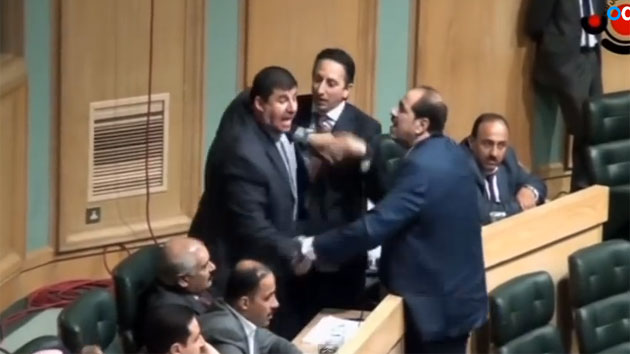I am more than a little skeptical that energy is truly a “non-partisan” issue, as the administration has argued since President Obama’s State of the Union address last week. But there are at least some indications that the White House is going to engage more directly with Congress on the energy issue, in hopes of securing passage of legislation that can put the US on track to draw 80 percent of its energy from “clean” sources by 2035.
Sen. Jeff Bingaman (D-N.M.) said Monday that he intends to work closely with the White House and with members of the Senate Energy and Natural Resources Committee, which he chairs, to craft legislation to create a clean energy standard. “The White House has asked us to work with them to see exactly how provisions for this clean energy standard would be developed,” said Bingaman in a speech at the National Press Club. “Obviously there are a lot of details to be worked out.”
He declined to make predictions on what that standard might look like, and whether it would include specific carve outs for renewables. His committee last year passed a bipartisan bill that included a renewable electricity standard that would have required utilities to draw 15 percent of their power from renewable sources by 2021. That version, which was never approved by the full Senate, did not include nuclear power, “clean coal,” or natural gas, as the proposal the Obama administration outlined last week would.
“I am hoping we can come up with a consensus proposal that makes sense to a bipartisan group in the Senate as well as the White House,” said Bingaman. “I think clearly the White House needs to be involved. They are involved at this point.”
He also expressed hope that a number of energy measures his committee passed last year only to see them die on the Senate floor would be passed in short order this year, including appliance efficiency standards, the Homestar bill (which would provide incentives for homeowners to improve efficiency), improved efficiency standards for commercial buildings, and rebates for consumers who purchase fuel-efficient vehicles.
Bingaman was also asked about another tenet of Obama’s energy plan—cutting subsides for oil. He noted that the administration has included the proposal in the previous two budgets it presented—but that it “didn’t get any traction.” “I would be surprised if we got a great deal of traction this year either,” he said.












